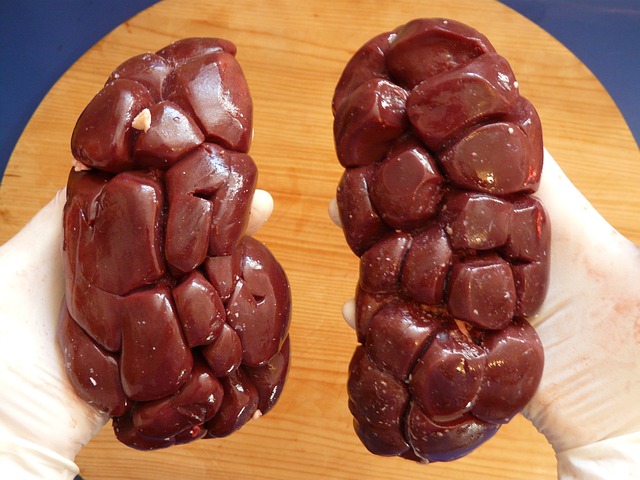Renal cysts are fluid-filled sacs that can develop within the kidneys. While renal cysts are relatively common and often benign, they can vary in size and may cause discomfort or health concerns in some cases. This article will provide an overview of renal cysts, including their types, symptoms, diagnosis, and management.
Types of Renal Cysts
There are two primary types of renal cysts:
- Simple Renal Cysts: These are the most common type and typically develop as people age. Simple renal cysts are usually small, fluid-filled sacs that do not cause symptoms or harm to kidney function. They are often discovered incidentally during routine imaging tests and rarely require treatment.
- Complex Renal Cysts: Complex renal cysts are less common and may have irregular shapes, thick walls, or solid components. While most complex cysts are still noncancerous (benign), they may require further evaluation to rule out potential malignancies or other health concerns.
Symptoms of Renal Cysts
In many cases, renal cysts are asymptomatic and do not cause noticeable symptoms. They are often discovered when individuals undergo imaging tests for unrelated medical conditions or routine checks. However, when renal cysts do produce symptoms, they may include:
- Pain: Some people with renal cysts may experience dull or sharp pain in the side or lower back, which may worsen over time.
- Hematuria: Blood in the urine (hematuria) can occur in cases where a cyst causes bleeding within the kidney.
- Frequent Urination: Large cysts can put pressure on the bladder or ureter, leading to increased frequency of urination.
- Urinary Tract Infections (UTIs): Cysts that obstruct the flow of urine may increase the risk of UTIs.
- Hypertension: In rare cases, renal cysts can contribute to high blood pressure (hypertension).
Diagnosis of Renal Cysts
Renal cysts are often discovered incidentally during imaging tests such as:
- Ultrasound: This non-invasive imaging test is commonly used to visualize the kidneys and can identify the presence of renal cysts.
- CT Scan: A computed tomography (CT) scan provides detailed cross-sectional images of the kidneys and can help distinguish between simple and complex cysts.
- MRI: Magnetic resonance imaging (MRI) can provide additional information about the cyst's composition and help in diagnosis.
Management and Treatment
The management and treatment of renal cysts depend on various factors, including the type of cyst, its size, and the presence of symptoms:
- Simple Renal Cysts: Small, asymptomatic simple renal cysts typically do not require treatment. However, if they become large or cause discomfort, they may be drained or removed using minimally invasive procedures such as aspiration (draining the cyst with a needle) or laparoscopic surgery.
- Complex Renal Cysts: Complex renal cysts may require closer monitoring and further evaluation to rule out malignancies or other underlying conditions. Treatment options will be determined based on the specific diagnosis.
- Pain Management: If renal cysts cause pain or discomfort, over-the-counter pain relievers or prescription medications may be recommended.
- Surgery: In cases where complex cysts are cancerous or causing significant health concerns, surgical removal of part or all of the kidney (nephrectomy) may be necessary.
Prevention
There are no specific measures to prevent the development of renal cysts, as they often arise as a result of aging or genetic factors. However, maintaining overall kidney health through a balanced diet, staying hydrated, and managing conditions like high blood pressure can help support kidney function and reduce the risk of complications.
Conclusion
Renal cysts are common, fluid-filled sacs that can develop in the kidneys. While many renal cysts are asymptomatic and benign, some may cause pain or other symptoms. Early detection and appropriate medical evaluation are crucial for managing renal cysts and ensuring optimal kidney health. Treatment options vary based on the type and size of the cyst and the presence of symptoms, and they may include monitoring, medication, or minimally invasive procedures. If you suspect you have renal cysts or are experiencing symptoms, it is essential to seek medical attention for a proper diagnosis and treatment plan.
